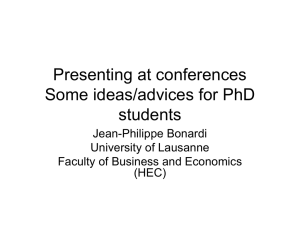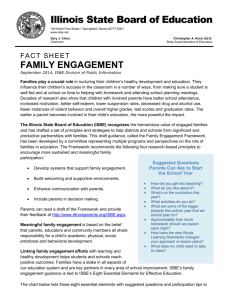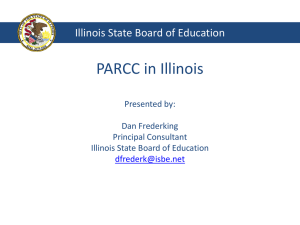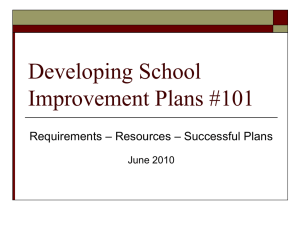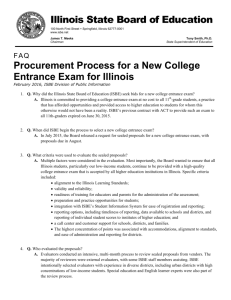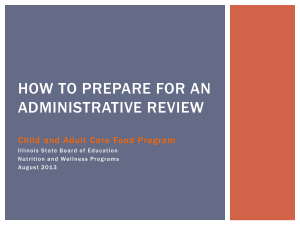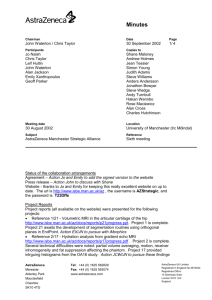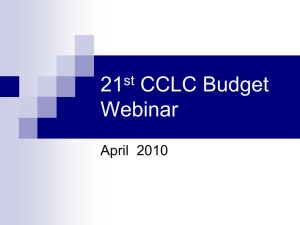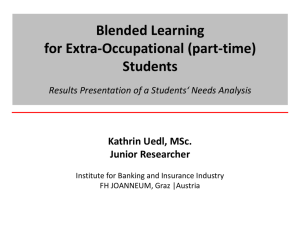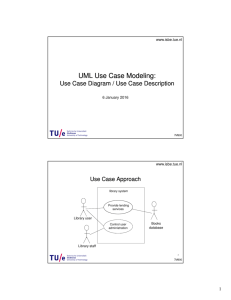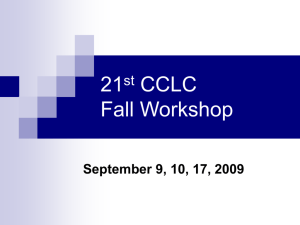Top Tips for PhD Delegates- Making the most of the ISBE conference
advertisement
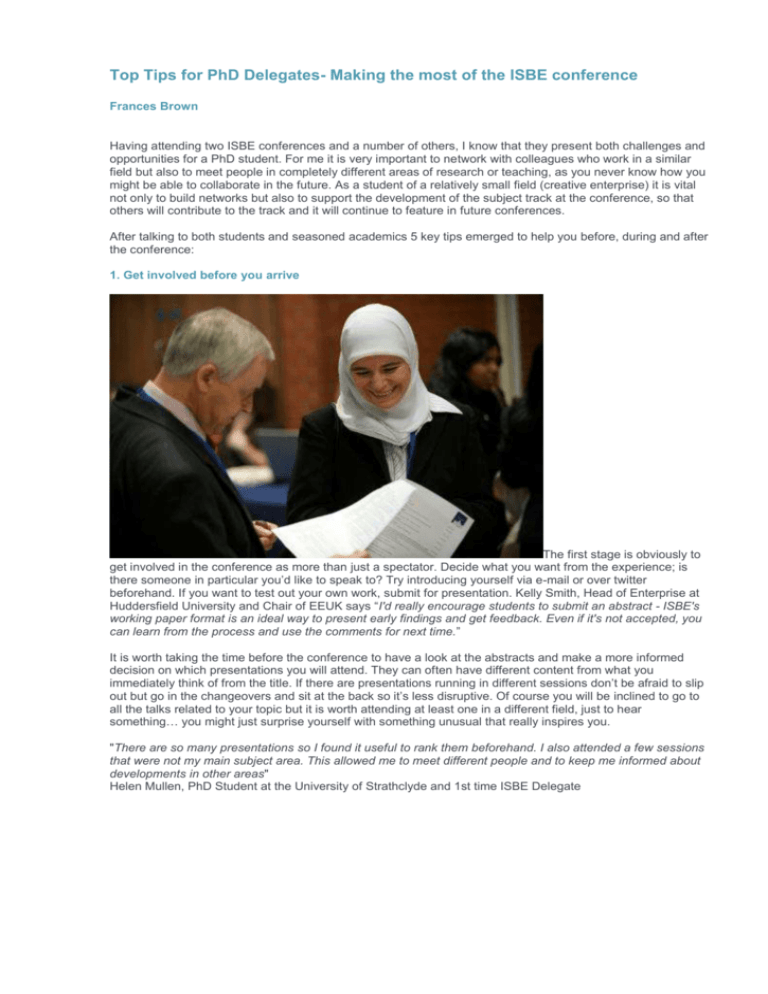
Top Tips for PhD Delegates- Making the most of the ISBE conference Frances Brown Having attending two ISBE conferences and a number of others, I know that they present both challenges and opportunities for a PhD student. For me it is very important to network with colleagues who work in a similar field but also to meet people in completely different areas of research or teaching, as you never know how you might be able to collaborate in the future. As a student of a relatively small field (creative enterprise) it is vital not only to build networks but also to support the development of the subject track at the conference, so that others will contribute to the track and it will continue to feature in future conferences. After talking to both students and seasoned academics 5 key tips emerged to help you before, during and after the conference: 1. Get involved before you arrive The first stage is obviously to get involved in the conference as more than just a spectator. Decide what you want from the experience; is there someone in particular you’d like to speak to? Try introducing yourself via e-mail or over twitter beforehand. If you want to test out your own work, submit for presentation. Kelly Smith, Head of Enterprise at Huddersfield University and Chair of EEUK says “I'd really encourage students to submit an abstract - ISBE's working paper format is an ideal way to present early findings and get feedback. Even if it's not accepted, you can learn from the process and use the comments for next time.” It is worth taking the time before the conference to have a look at the abstracts and make a more informed decision on which presentations you will attend. They can often have different content from what you immediately think of from the title. If there are presentations running in different sessions don’t be afraid to slip out but go in the changeovers and sit at the back so it’s less disruptive. Of course you will be inclined to go to all the talks related to your topic but it is worth attending at least one in a different field, just to hear something… you might just surprise yourself with something unusual that really inspires you. "There are so many presentations so I found it useful to rank them beforehand. I also attended a few sessions that were not my main subject area. This allowed me to meet different people and to keep me informed about developments in other areas" Helen Mullen, PhD Student at the University of Strathclyde and 1st time ISBE Delegate 2. Attend the doctoral day Whether you are in your 1st year or 3rd it is worth taking that time to attend the doctoral day. You might learn something vital or get some honest and frank insight from examiners but even if you have heard some of the content before (which is probably likely if you are further on in your studies) it’s always of benefit to be reminded of the importance of elements that you may have become complacent about. Having the opportunity to spend time with others at your stage of study who will probably have gone through or be going though the same challenges as you is important, as is helping those just starting out with your own pearls of wisdom (horror stories!). 3. Be brave but don’t be a conference pest! “Conferences can feel quite intimidating at times - for students or for 'hardened' academic. Be brave, be proud of what you do, and be willing to share.” Kelly Smith There will be times when you will find that you want to raise a point or dispute something you have heard. Don’t feel like your views aren’t important as a student. Andy Penaluna, Professor of Creative Enterprise at Swansea Metropolitan University and Executive Director of EEUK suggests going to the conference with “an open mind and be prepared to challenge the ‘experts’, though do of course try to be diplomatic. Fresh new insights might actually be very helpful and if not, your perspectives and interpretations mean something anyway.” Think “I can do that”, raise a debate and challenge an academic, it could lead to an interesting conversation or at least give you some practice in getting your views across and listening to others. Networking is fantastic for building links with colleagues from other universities and hearing about interesting work happening in the UK and further afield but going into these conversations aggressively or with a sales pitch is likely to put people off and they may not take the time to hear about the work you are doing. Don’t take every introduction as an invitation to quote your cv or lead with your business cards (though do carry a supply) especially during social events at the conference. Knowing the appropriate time to talk to people about your work is vital, i.e. when the professor you look up to is on their 4th wine at the gala it may not be the time to tell them at length about your research. Harry Matlay, Professor of Small Business and Enterprise Development and Editor of JSBED suggests contacting people you want to speak to beforehand to “maximise your networking possibilities …[…]… The gala Dinner is there: to eat, drink and dance… Also to cultivate and buy drinks for influential journal editors…!” 4. Skip a talk Downtime is important to mull over the things you have been hearing and to spend a longer amount of time with some of the other delegates you have met. Fellow conference goers can become friends and may be vital for support be it when you are in a low point of your PhD or for possibilities of working together in your future. Colleagues you meet during your PhD study could go on to last your career so it is worth taking the time for social conversation or using these extended periods to promote discussion. 5. Follow Up. Take the time to e-mail the people that you met just to drop in and say it was nice to meet you or send links to papers or projects that you might have discussed at the conference. Don’t just think about what more experienced colleagues can do to help you, think how you can help them, and offer to get involved in events or projects. Complete ISBE’s feedback questionnaire, it’s the only way to actively impact your ISBE conferences for the future. If there is an area of research you felt was under-represented or you wanted more networking time, let the organisers know so they can continue to improve the conference for all delegates. “BUT most of all, leave your ego and pretences at home and set out to have fun times as well as productive periods: you only live once…!!!” Harry Matlay Frances Brown, Coventry University
